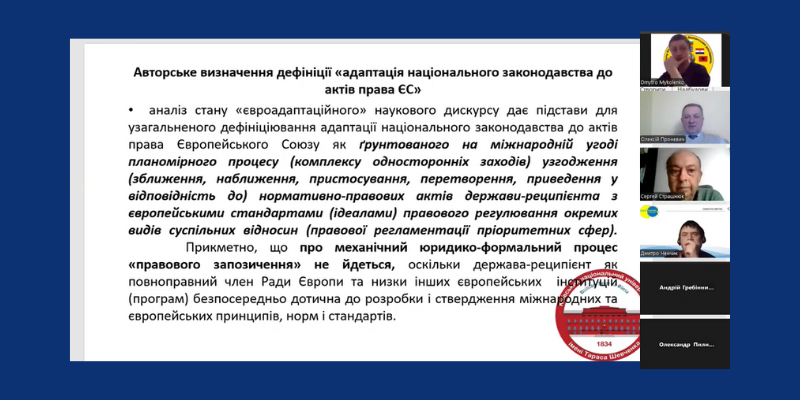Acute Respiratory Viral Infections

Acute respiratory viral infections (ARVIs) are the most widespread illnesses among humans, affecting people in all countries.
Cold weather contributes to the spread of viruses, making acute respiratory viral infections seasonal in nature.
Symptoms of ARVIs include sudden illness, headache, muscle and joint aches, elevated temperature, sore throat, cough, and general discomfort.
The source of infection is a person with clinically evident or asymptomatic forms of the disease. The primary mechanism of virus transmission is airborne, realized through the airborne droplet route.
One infected person can become a source of illness for many healthy individuals. During conversation, the virus can spread up to 1 m, during coughing up to 2 m, and during sneezing up to 3 m.
Individuals with weakened immune systems are more susceptible to acute respiratory viral infections.
The reasons why we often suffer from ARVIs include:
- High prevalence of pathogens: The most common ones are adenoviruses, respiratory syncytial virus, influenza viruses (A, B, C), parainfluenza, rhinoviruses, coronaviruses, and others.
- Chronic stress: Modern life realities, especially during times of war, often force individuals into chronic stress, provoking so-called chronic inflammation, which can significantly suppress the body's immune system.
- Sleep disturbances: Disrupted sleep patterns can weaken the immune system.
- Weakened immunity: An immune system in a weakened state requires rest, balanced nutrition, physical activity, stress elimination, and a healthy lifestyle.
- Seasonal fluctuations: The immune system is affected by cold weather, which weakens the body's defenses. Lack of sunlight reduces vitamin D levels.
- Social behavior during the cold season: Increased time spent indoors, lack of physical activity, close contact in groups, public transport, shopping centers, etc.
Reminder: To reduce the risk of catching a cold or falling ill, it is necessary to follow these basic rules:
- Avoid contact with individuals displaying signs of infection.
- Disinfect frequently-touched objects and surfaces.
- Regularly ventilate rooms.
- Always cough or sneeze into a tissue or the upper sleeve of your shirt.
- Limit visits to crowded places.
- Wash hands frequently with soap and water.
- If soap and water are unavailable, use a hand sanitizer with alcohol content.
- Avoid touching the eyes, nose, or mouth with unwashed hands.
Avoid self-medication. In case of symptoms, promptly consult your family doctor!





.png)
.jpg)



%20(1).jpg)

